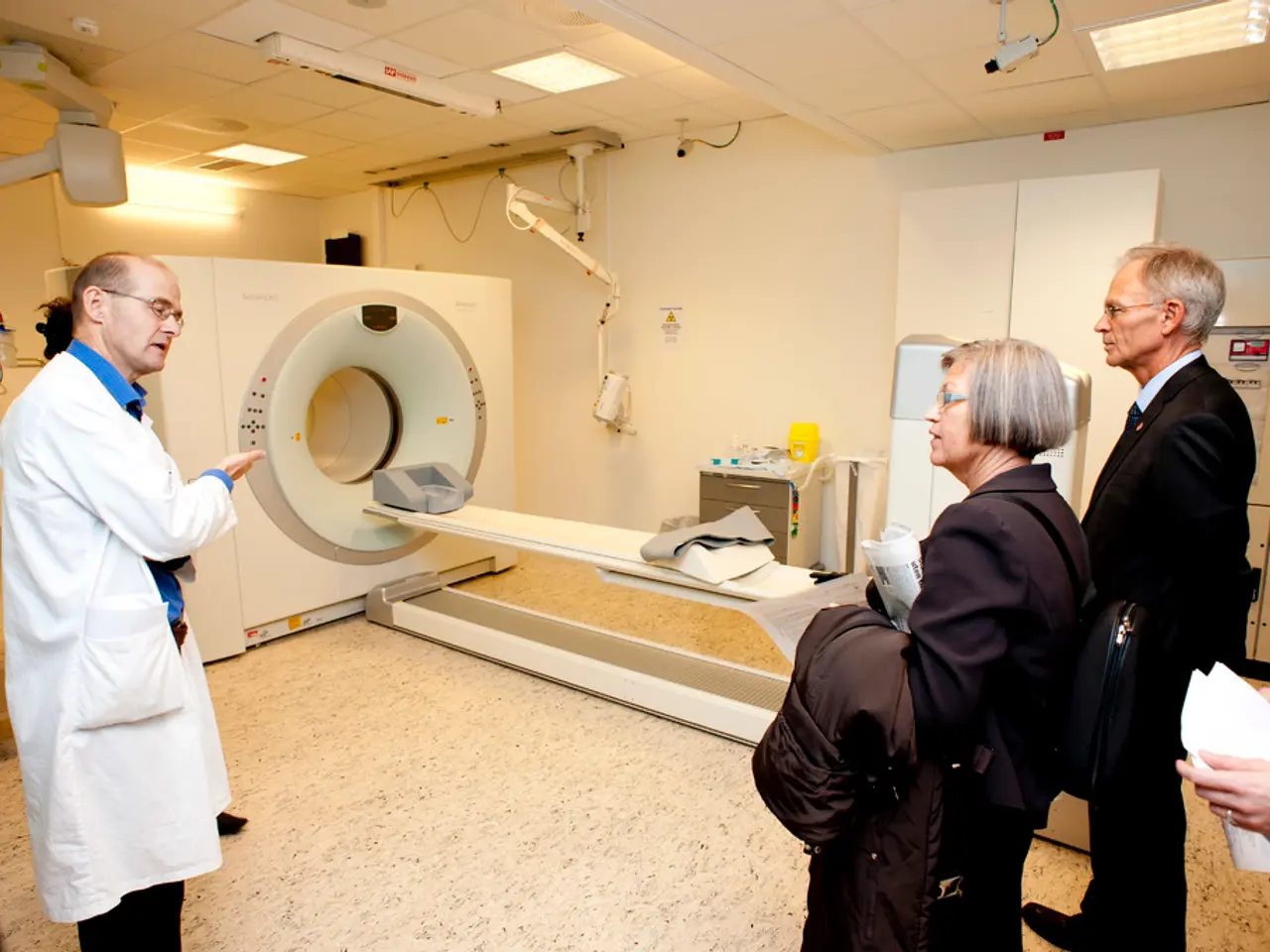"New data indicates that 'critical' medical procedures have increased in profitability yet exhibit a downward trend"
In South Korea, essential medical treatments, which are prioritised in the public health care system, accounted for 19.2% of all medical costs in 2024. This percentage represents a decrease from 20.9% in 2022 and 19.3% in 2023.
Despite an increase in reimbursement rates for such treatments, the total amount received for essential surgeries decreased, indicating a possible decrease in the number of life-saving surgeries performed. This trend has been observed since 2022, with the rate of stomach, colon, and liver cancer patients receiving surgery one month or more after diagnosis reaching as high as 40%. The proportion of these patients receiving delayed surgery has been steadily increasing between 2015 and April 2024.
The term "essential medical treatment" is a socially accepted term without a legal definition in South Korea. The Korean Medical Association Organization defined essential medical treatments in 2021, stating that these are treatments that, if delayed, greatly affect a patient's life and health. Medical treatments related to emergency, trauma, heart, brain, cancer, intensive care, and severe infectious diseases are all conventionally accepted as essential.
The responsibility for implementing incentive systems and measures to address personnel shortages in critical medical fields such as surgery, neurosurgery, and pediatrics lies with the Ministry of Health and Welfare, as well as affiliated government health agencies and medical institutions tasked with workforce planning and policy enforcement.
Rep. Kim, a prominent figure, suggested comprehensive measures such as incentives for less popular regions, measures to fill the staff shortage in emergency medicine and pediatrics, and other necessary steps to address the current situation. Rep. Kim stated that the government's late increase in the relative value scale did not adequately address the low medical fees and staff shortages in essential medical fields.
The relative value scale for thoracic and cardiovascular surgeries, neurosurgery, and pediatric surgery increased, as determined by state health insurance authorities. This increase in relative value scales means that doctors are receiving higher reimbursement rates for performing these critical surgeries.
However, chronic staff shortages, coupled with the mass walkout last year, resulted in fewer cancer surgeries than before. It is crucial for the South Korean government to address these issues promptly to ensure equal access to essential medical treatments regardless of region and time.
Read also:
- Peptide YY (PYY): Exploring its Role in Appetite Suppression, Intestinal Health, and Cognitive Links
- Toddler Health: Rotavirus Signs, Origins, and Potential Complications
- Digestive issues and heart discomfort: Root causes and associated health conditions
- House Infernos: Deadly Hazards Surpassing the Flames








